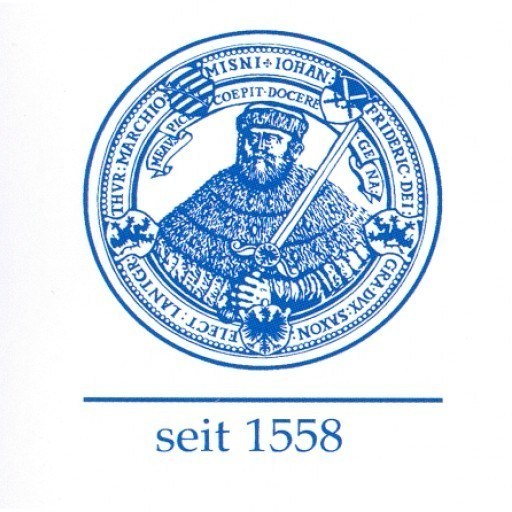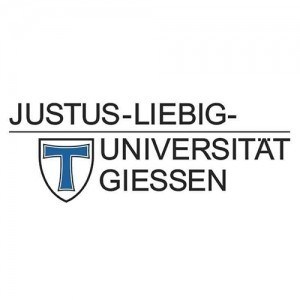Photos of university / #lmu.muenchen
Evolution, Ecology and Systematics (EES) at Ludwig Maximilians University Munich offers a comprehensive and interdisciplinary graduate program designed for students passionate about understanding the diversity, evolution, and ecological interactions of life on Earth. This program provides students with a solid foundation in biological sciences, emphasizing evolutionary processes, ecological principles, and systematic methodologies. Students gain in-depth knowledge through a combination of theoretical courses, practical laboratory work, field studies, and research projects that prepare them for careers in research, conservation, environmental management, and academia.
The curriculum covers a wide range of topics, including evolutionary biology, ecology, phylogenetics, biodiversity, biogeography, and taxonomy. Special attention is given to modern techniques such as molecular biology, genomics, and bioinformatics, which are essential tools in current biological research. Students have the opportunity to participate in cutting-edge research projects and collaborate with leading scientists in the field. The program encourages critical thinking, innovative research, and a deep understanding of the complex interactions that shape life on Earth.
Graduates of the EES program are equipped with the analytical skills and scientific expertise necessary to address pressing environmental and biological challenges. They can pursue careers in academia, research institutions, environmental agencies, conservation organizations, and biotechnology companies. The university's excellent research facilities, strong international networks, and emphasis on practical experience ensure that students develop both theoretical knowledge and practical skills needed to succeed in their professional careers.
The program is designed to be flexible, allowing students to tailor their studies according to their interests and career aspirations. It is suitable for students with backgrounds in biological sciences, environmental sciences, or related fields who wish to deepen their understanding of evolutionary and ecological processes. By studying at Ludwig Maximilians University Munich, students become part of a vibrant academic community dedicated to advancing knowledge of the natural world and promoting sustainable practices globally.
Educational organisation
The curriculum is modularised.Requirement for completion: 120 ECTS credit points
- major subject: 30 credits (two modules plus electives)
- subsidiary subject(s): 20 credits (two modules plus electives)
- project module: 10 credits
- language courses: 16 credits
- summer school: 8 credits
- internship: 6 credits
- Master's thesis: 24 credits
- oral examination: 6 credits
During the first two semesters, the project module is completed.
In the summer break after the second semester, the summer school takes place (two weeks).
During the first three semesters of study, the 30 credits in the major subject and the 20 credits in the subsidiary subject must be obtained (two modules each plus electives, comprising lectures and seminars). The four-week internship should also be completed during the first three semesters.
During the fourth semester, the Master's thesis is written and the oral examination takes place.
Study abroad unit(s)
The curriculum of the study programme does not include study abroad units, but the programme supports students' efforts to spend one semester abroad or to do internships abroad.Internships
An internship of four weeks' duration and relating to Eastern Europe is to be completed in one of the semester breaks during the four semesters of study.Forms of assessment
Generally, the following rules apply:Lectures: 2 hours/week, 2 ECTS, short oral exam or written exam
Core course: 3 hours/week, 6 ECTS, presentation, 20-page essay ("Hausarbeit")
Seminar: 2 hours/week, 6 ECTS, presentation, essay, or outline paper, or written exam, or review
Master's thesis: 24 ECTS, 60-80 pages
Oral examination: 6 ECTS, disputation of the thesis and oral exam in the major subject (total: 60 minutes)
Course objectives
The aim of this four-semester interdisciplinary Honours Master's Programme in East European Studies is to provide specialised regionally focused knowledge on Central, Southeastern and Eastern Europe. Students will be trained to analyse developments, patterns and situations in Eastern Europe and to embed these within a broader political, social, economic, historical and cultural framework. Along with professional knowledge in relevant disciplines and competence in one or more East European languages, students will be provided with key skills that should enable them in the future to assume responsible positions in the areas of politics and policy, economics, cultural affairs and science.This Honours Programme is part of the Elite Network Bavaria (Elitenetzwerk Bayern) and is offered jointly by the Ludwig Maximilians University of Munich and the University of Regensburg. Its special features include an above-average workload (e.g. at least four 20-page essays), modularisation, an interdisciplinary project course, tutorials, internships, an interdisciplinary summer school in Eastern Europe, intensive language courses, and orientation to the international arena.
Language requirements
Applicants must provide proof of their language skills in German (TestDaF 4 or equivalent), in English (at least five years consecutive English courses at school), and one Eastern European language (UNICERT I or equivalent, secure basic knowledge).Required DSH / TestDaF
YesAcademic requirements
Very good or good higher education entrance qualification or foreign equivalent; at least a Bachelor's degree in a recognised academic field with very good or good examination results- letter of motivation
- successful personal interview in Munich
- successful written examination in English
Enrolment fees
Munich: approx. 120 EURRegensburg: approx. 130 EUR
At both universities, all students are required to pay a mandatory fee for student services (Grundbeitrag) and for basic off-peak public transport ("Semesterticket"). This fee is charged at the beginning of each semester by LMU Munich on behalf of student services ("Studentenwerk").
Costs of living
Living costs (including accommodation and health insurance) range from 800 to 1,000 EUR per month.Job opportunities
Plenty of student job offers can be found in Munich and Regensburg.Arrival support
Students get support and guidance for practical issues such as accommodation, enrolment at the university, etc. We also provide introductory meetings so that the participants get to know each other and their tutors.Services and support for international students
The International Office offers a support and integration programme to assist international students, doctoral students, and postdocs at LMU:http://www.en.uni-muenchen.de/about_lmu/contact/int_office/index.html










